Best Dog Food for Shih Tzus: A Complete Nutritional Guide for Your Furry Companion
Shih Tzus are small, affectionate, and full of personality. With their long, flowing coats and playful nature, they’re among the most beloved toy breeds. But as cute as they are, Shih Tzus come with specific dietary needs. Choosing the best dog food for Shih Tzus is essential to support their sensitive stomachs, skin, and luxurious coat.
In this guide, we’ll explore everything you need to know about feeding your Shih Tzu the right way—from key nutrients to look for, common dietary issues, and top-recommended dog food brands for this unique breed.
Why Nutrition Matters for Shih Tzus
Shih Tzus may be small, but their nutritional needs are anything but basic. Their compact bodies, flat faces (brachycephalic structure), and thick coats all require special care when it comes to food.
Here’s why selecting the best dog food for Shih Tzus is important:
- Sensitive digestion: Shih Tzus often suffer from food allergies or upset stomachs.
- Dental health: Their short jaws can cause dental issues, so kibble shape matters.
- Skin & coat care: Their long coat needs protein, omega fatty acids, and vitamins for shine and strength.
- Weight control: At only 9–16 pounds, Shih Tzus can gain weight quickly if overfed.
What to Look for in the Best Dog Food for Shih Tzus
When choosing food, you want to focus on quality ingredients and breed-specific benefits. Here are the top features to look for:
1. High-Quality Protein
Choose a food with real meat (chicken, lamb, turkey, or fish) as the first ingredient. Protein supports muscle maintenance and keeps your pup energized.
2. Healthy Fats
Omega-3 and Omega-6 fatty acids (from sources like flaxseed or salmon oil) promote skin health and coat luster—especially important for long-haired breeds.
3. Easily Digestible Carbs
Brown rice, sweet potatoes, and oats are gentle on sensitive stomachs and provide sustained energy.
4. Small Kibble Size
Shih Tzus have tiny mouths and may struggle with large kibble. Look for bite-sized pieces designed for small breeds.
5. Limited Fillers & No Artificial Additives
Avoid dog food with corn, soy, artificial flavors, colors, or preservatives. These can irritate your dog’s stomach or trigger allergies.
Common Shih Tzu Food Sensitivities
Understanding your pup’s sensitivities can help prevent issues like itching, gas, or diarrhea. Common allergens for Shih Tzus include:
- Chicken (some are sensitive, though it’s a common protein)
- Dairy
- Wheat
- Corn
- Artificial additives
If your dog shows signs of food intolerance—like scratching, red skin, excessive gas, or loose stools—consider a limited-ingredient or grain-free option after consulting with your vet.
Top Recommended Dog Food Brands for Shih Tzus
1. Royal Canin Shih Tzu Adult Dry Dog Food
This breed-specific formula is tailored just for Shih Tzus. It includes small kibble for their bite, nutrients for skin health, and easy-to-digest proteins.
Best for: Adult Shih Tzus, especially those with sensitive skin
2. Blue Buffalo Life Protection Small Breed
Made with real meat and whole grains, this formula supports small dogs with antioxidant-rich ingredients, omega fats, and no artificial additives.
Best for: Overall health, immune support, and shiny coats
3. Wellness CORE Small Breed Grain-Free
This high-protein, grain-free option includes turkey, chicken, and healthy fats like flaxseed and salmon oil.
Best for: Active Shih Tzus or those with grain sensitivities
4. Nutro Ultra Small Breed
A trio of proteins—chicken, lamb, and salmon—plus superfoods like chia, kale, and coconut provide balanced nutrition and excellent taste.
Best for: Variety and picky eaters
5. Merrick Lil’ Plates Grain-Free
Packed with real deboned meat and probiotics, Merrick’s small-breed line supports digestion and overall health.
Best for: Dogs with sensitive stomachs
Feeding Guidelines for Shih Tzus
- Puppies (up to 12 months): 3–4 meals per day
- Adults (1–8 years): 2 meals per day
- Seniors (8+ years): 2 smaller meals or as directed by your vet
Portion control is key. Shih Tzus are prone to obesity, which can lead to joint problems, heart issues, and decreased quality of life. Always follow the feeding chart on your dog food packaging based on weight and age.
Wet vs. Dry Food: Which is Better?
Both wet and dry foods have their advantages. Many pet parents use a combination of both.
- Dry Food (Kibble): Helps with dental health and is more convenient
- Wet Food (Canned): More palatable and hydrating, great for picky eaters
If you use wet food, make sure it’s complete and balanced or pair it with dry kibble for proper nutrition.
Final Thoughts
Finding the best dog food for Shih Tzus requires attention to detail, but your efforts will pay off in your dog’s health and happiness. The right food will keep their coat glossy, tummy settled, and energy levels up. Remember to consider your dog’s age, health condition, activity level, and preferences when choosing a food.
And as always, consult your veterinarian before making major changes to your dog’s diet. With the right nutrition, your Shih Tzu will thrive for years to come—tail wags and all.


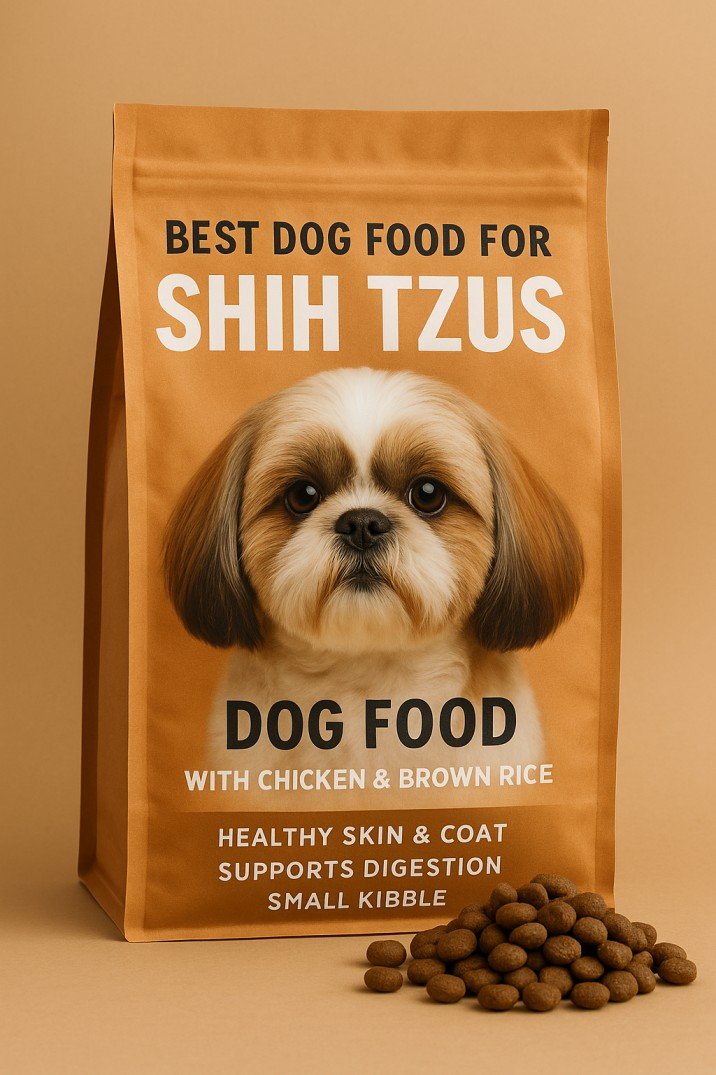
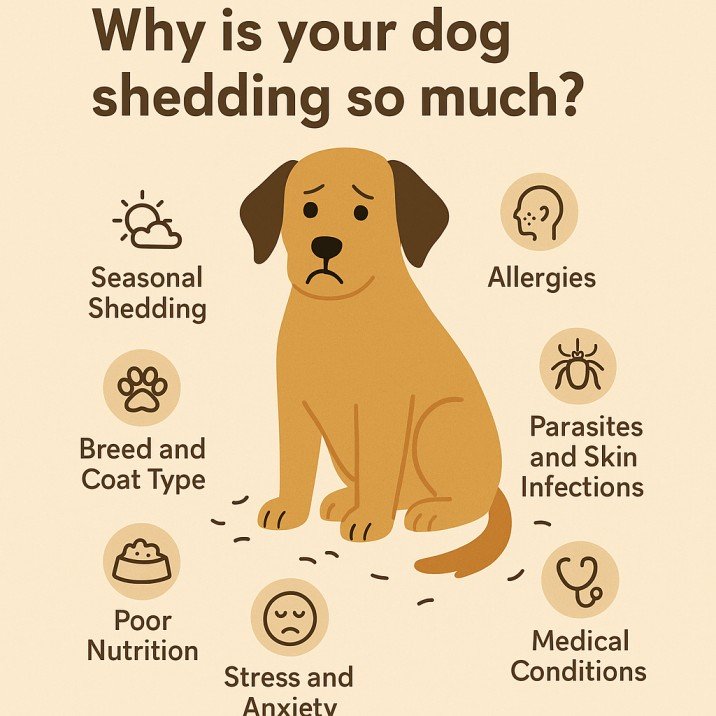
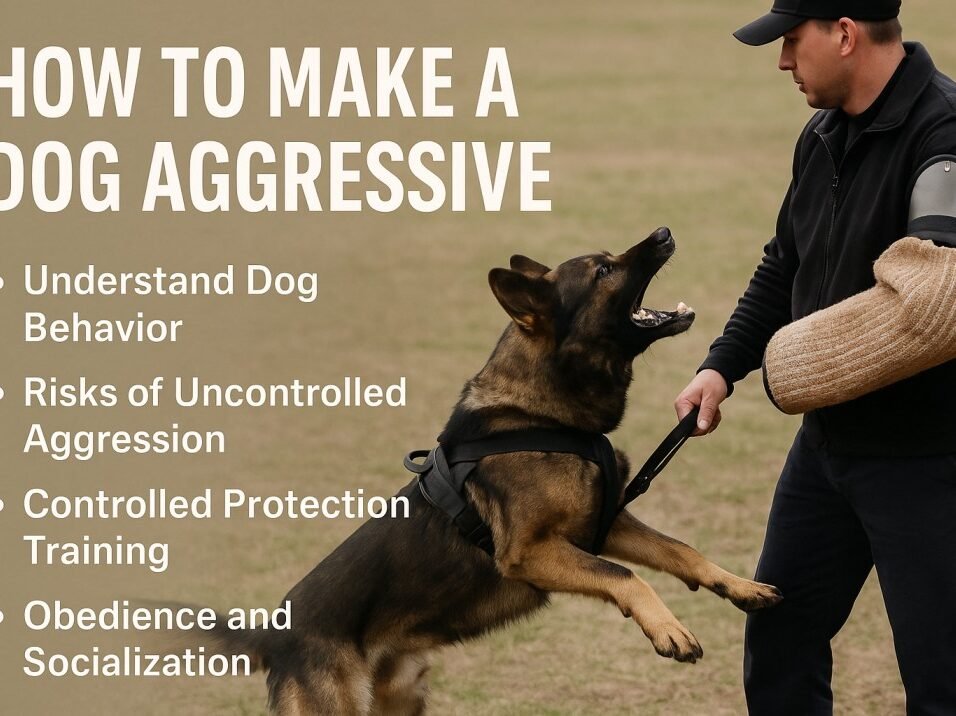
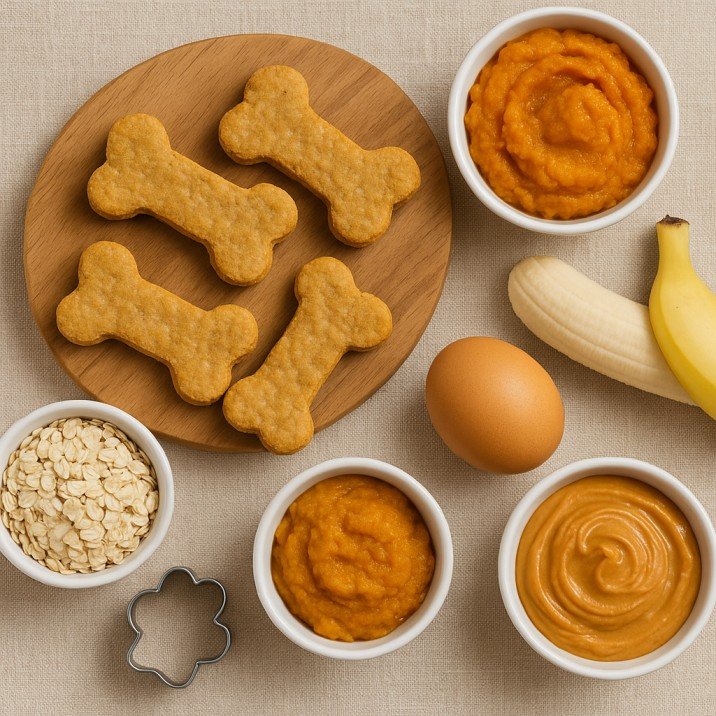
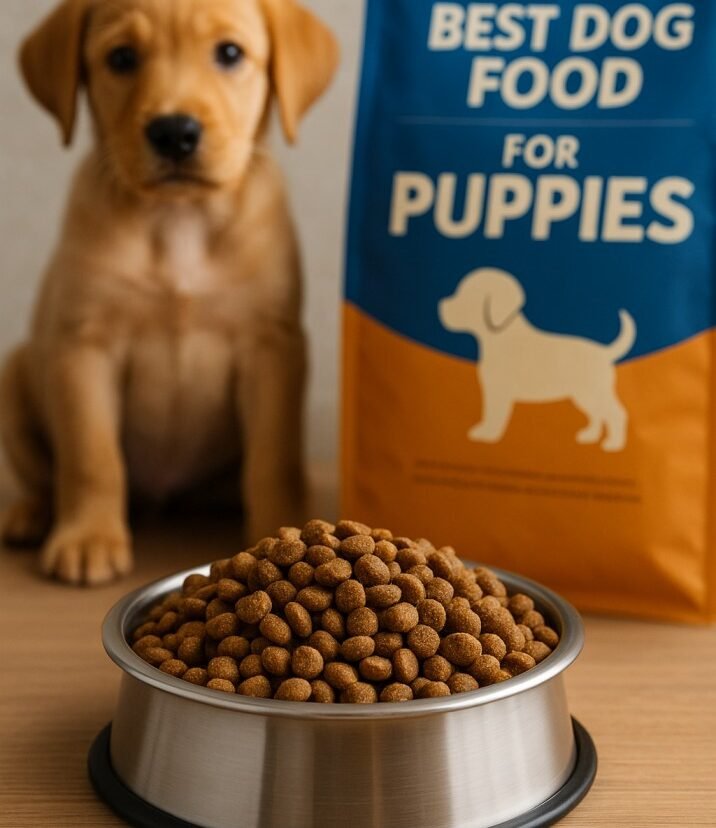
Leave feedback about this